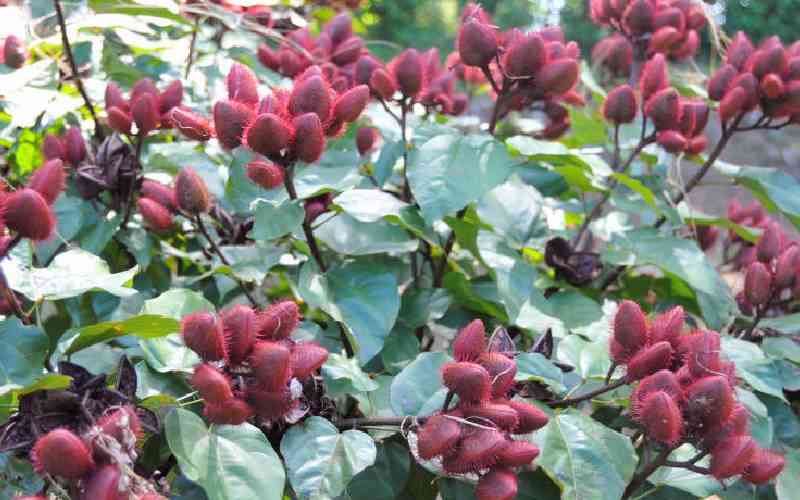×
The Standard e-Paper
Kenya’s Boldest Voice

Bixa farmers in Lamu, Kilfi, and Kwale counties have called on the government to hasten its plan to revive the crop value chain and eliminate brokers responsible for the severe decline in the prices of the seeds.
Samuel Waruinge, Secretary General of the Lake Kenyatta Farmers Association, said there was a need for subsidies for bixa farm inputs and to improve the prices to revive the fortunes of bixa farmers.